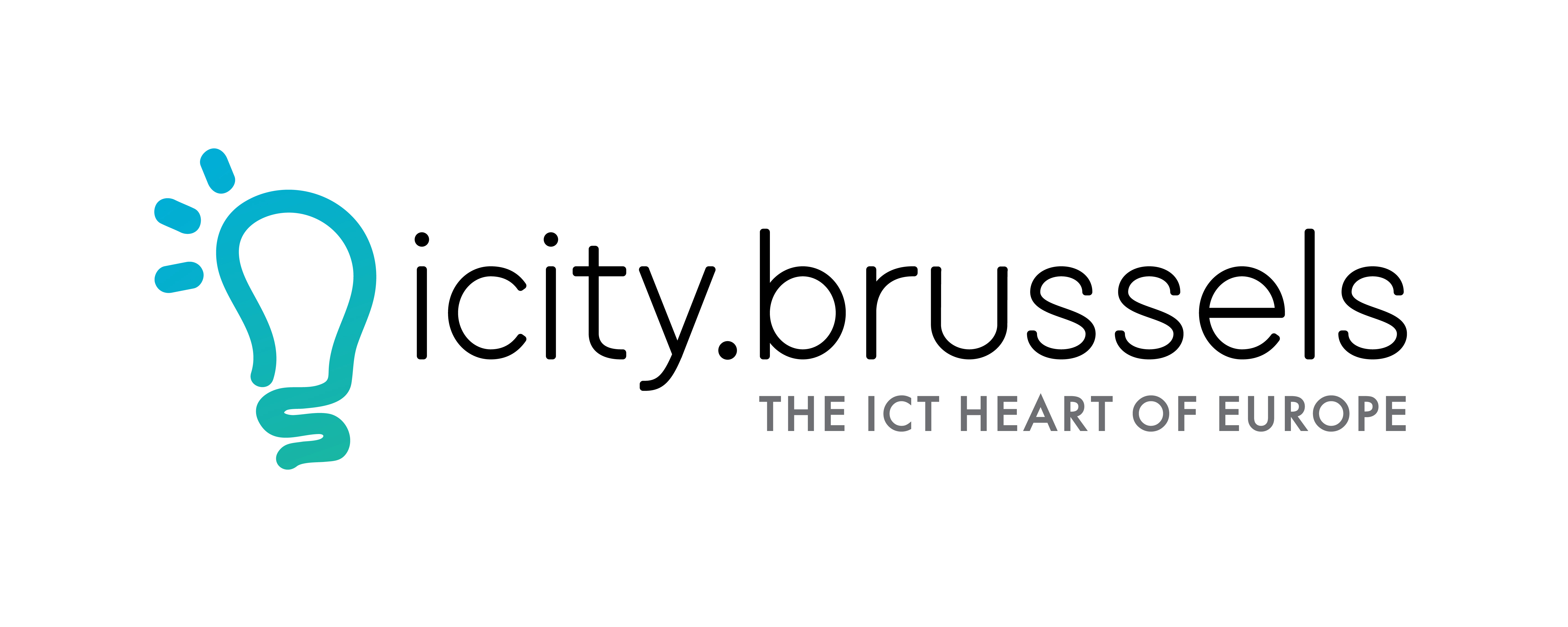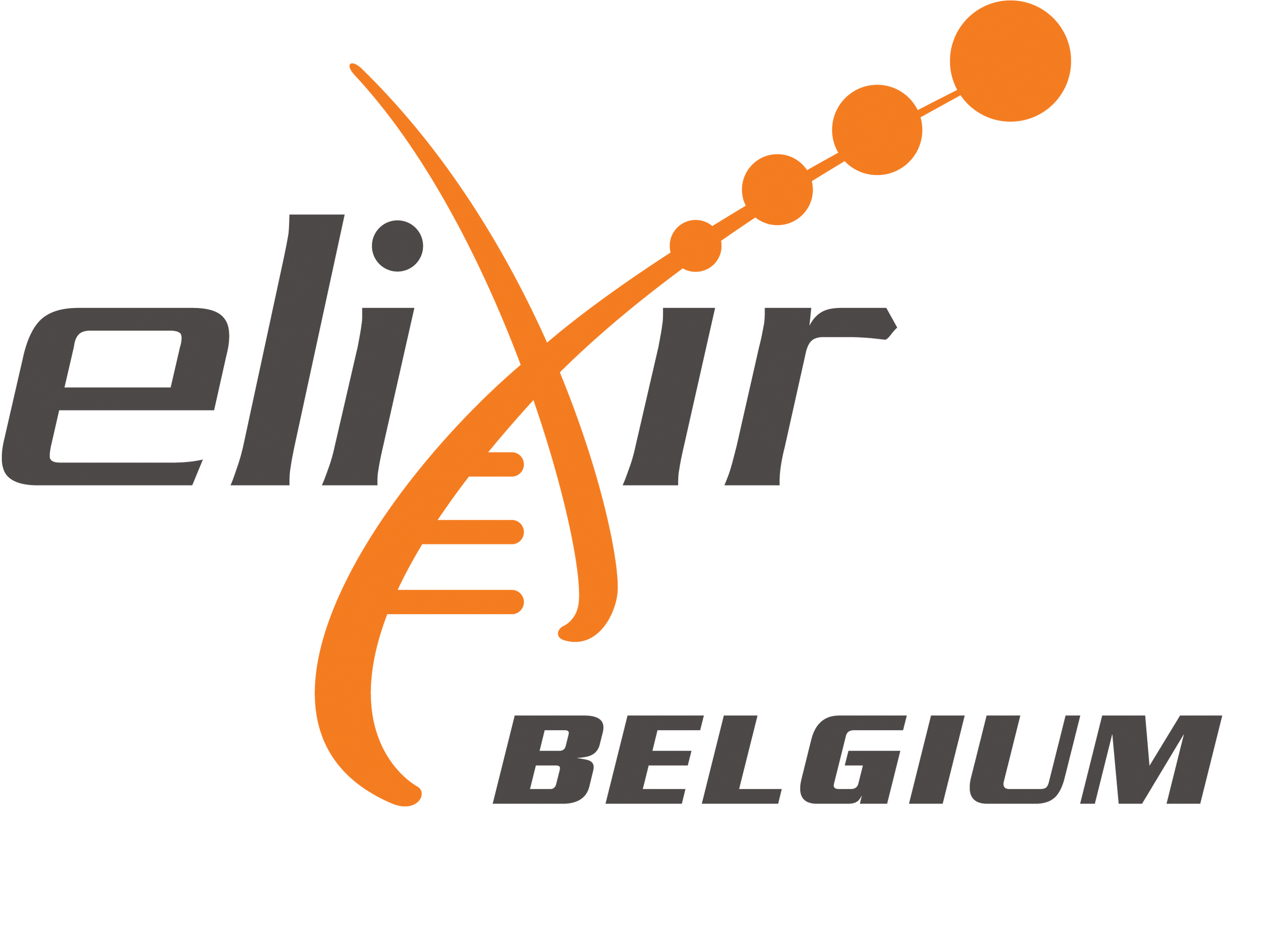About us
This project was realised at the Interuniversity Institute of Bioinformatics in Brussels, a collaborative bioinformatics research initiative between Université Libre de Bruxelles (ULB) and Vrije Universiteit Brussel (VUB).
It is currently developed by .
Contact us at:
For any question, troobleshooting or remark we will come back to you as soon as possible.
If you have questions regarding the predictive methods or if you are experiencing technical issues with ORVAL, please consult first our Documentation page or the Frequently Asked Questions section, where you may find the solution to your problem.
Cite us
If you are using ORVAL for your analysis, you can cite the tool, the predictive methods and the databases as followed:
Citing ORVAL
-
Renaux A., Papadimitriou S., Versbraegen N., Nachtegael C., Boutry S., Nowé A., Smits G., Lenaerts T. (2019) ORVAL: A novel platform for the prediction and exploration of disease-causing oligogenic variant combinations. Nucleic Acids Research. 47(W1):W93-W98. DOI: https://doi.org/10.1093/nar/gkz437
Citing VarCoPP
-
Versbraegen N., Gravel B., Nachtegael C., Renaux A., Verkinderen E., Nowé A., Lenaerts T., Papadimitriou S. (2023) Faster and more accurate pathogenic combination predictions with VarCoPP2.0. BMC Bioinformatics. 24:179. DOI: https://doi.org/10.1186/s12859-023-05291-3
-
Papadimitriou S., Gazzo A., Versbraegen N., Nachtegael C., Aerts J., Moreau Y., Van Dooren S., Nowé A., Smits G., Lenaerts T. (2019) Predicting disease-causing variant combinations. Proceedings of the National Academy of Sciences. 116(24):11878-11887. DOI: https://doi.org/10.1073/pnas.1815601116
Citing the Digenic Effect Predictor
-
Versbraegen N., Fouché A., Nachtegael C., Papadimitriou S., Gazzo A., Smits G., Lenaerts T. (2019) Using game theory and decision decomposition to effectively discern and characterise bi-locus diseases Artificial Intelligence in Medicine. 99:101690. DOI: https://doi.org/10.1016/j.artmed.2019.06.006
-
Gazzo A., Raimondi D., Daneels D., Moreau Y., Smits G., Van Dooren S., Lenaerts T. (2017) Understanding mutational effects in digenic diseases. Nucleic Acids Research. 45(15):e140. DOI: https://doi.org/10.1093/nar/gkx557
Citing DIDA and OLIDA
DIDA was used to train the DE Predictor and VarCoPP, while OLIDA was used to develop VarCoPP2.0.
-
Gazzo A., Daneels D., Cilia E., Bonduelle M., Abramowicz M., Van Dooren S., Smits G., Lenaerts T. (2015) DIDA: A curated and annotated digenic diseases database. Nucleic Acids Research. 44(D1):D900-D907. DOI: https://doi.org/10.1093/nar/gkv1068
-
Nachtegael C., Gravel B., Dillen A., Smits G., Nowé A., Papadimitriou S., Lenaerts T. (2022) Scaling up oligogenic diseases research with OLIDA: the Oligogenic Diseases Database. Database. 2022(2022):baac023. DOI: https://doi.org/10.1093/database/baac023
Citing HOP
-
Gravel, B., Renaux, A., Papadimitriou, S., Smits, G., Nowe, A., Lenaerts, T. (2024) Prioritization of oligogenic variant combinations in whole exomes. Bioinformatics. 40:4. DOI: https://doi.org/10.1093/bioinformatics/btae184
Data Privacy
We hereby declare that:
- We do not store the email addresses of the users, in case they provide one during data submission.
- We track user traffic (e.g. IP addresses) for job monitoring purposes (e.g. restricting the number of parallel submissions from the same IP address) and we also use Google Analytics to track general visitor traffic information. We do not take any responsibility for the data stored by this third party application.
- The results obtained through the tools (tables, plots and figures) are only available for 7 days after the data submission and then they are deleted.
- The personally identifiable data of the users collected through this website, is only accessible for selected researchers of Vrije Universiteit Brussel (VUB) and Université Libre de Bruxelles (ULB) who manage the ORVAL web service. The data will not be shared with any person.
- ULB and VUB have data protection officers who are responsible for matters related
to privacy and data protection. To reach the DPOs of the universities you can send an email to:
ULB DPO: rgpd@ulb.ac.be (Université Libre de Bruxelles, Data protection officer, Avenue Franklin Roosevelt 50, CP 130, 1050 Brussels).
VUB DPO: dpo@vub.be (Vrije Universiteit Brussel, Data Protection Officier, Pleinlaan 2, 1050 Brussels).
Subject's right with regard to personal data:
On May 25th 2018, the "General Data Protection Regulation" takes effect. The GDPR is a European regulation which grants individuals rights with respect to the way their personal data is handled and protected. Individuals may, for example - depending on the legal basis for the processing of their personal data and dependent on the fulfilment of certain conditions - exercise a right to:
- inquire as to what personal data is processed and, when the data is provided to the VUB by a third party
- inquire into the source of this information
- request the correction of data insofar as it is incorrect
- object to the processing of his or her data
- know of the existence of possible automated decision making processes, and, when these are used to create profiles, inquire into the logic underlying these processes, the purposes they serve, and their consequences
- ‘be forgotten’ by an institution that has processed their personal data
Disclaimer
We make no warranties regarding the correctness of the data, and disclaim liability for damages resulting from its use.
Any medical or genetic information is provided for research, educational and informational purposes only. It is not in any way intended to be used as a substitute for professional medical advice, diagnosis, treatment or care.
License

This work is licensed under a Creative Commons Attribution-NonCommercial 4.0 International License.
Copyright © 2018 - 2026, Interuniversity Institute of Bioinformatics in Brussels





